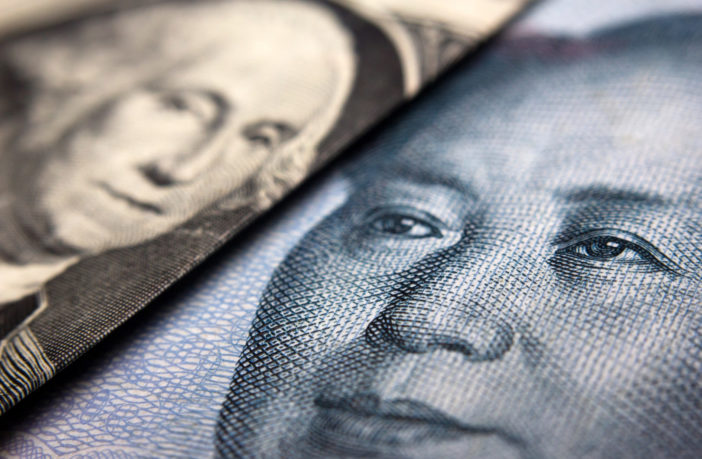As part of a broader response to the People’s Republic of China (PRC) cracking down on pro-democracy protests in Hong Kong, President Trump last Friday issued an executive order that places restrictions on certain Chinese graduate students and researchers from entering the United States on either F or J nonimmigrant visas.
“The People’s Republic of China (PRC) is engaged in a wide-ranging and heavily resourced campaign to acquire sensitive United States technologies and intellectual property, in part to bolster the modernization and capability of its military, the People’s Liberation Army (PLA),” states the order.
Since China often uses “some Chinese students, mostly post-graduate students and post-doctorate researchers, to operate as non-traditional collectors of intellectual property,” the proclamation states that allowing certain Chinese nationals with affiliations with entities in China that implement or support its “military-civil fusion strategy” would be “detrimental to the interests of the United States.”
On Monday, Secretary of State Mike Pompeo did announce his department would start to revoke visas of graduate students with ties to the government of China. However, as he added the “the graduate students and researchers who are targeted, co-opted, and exploited by the PRC government for its military gain represent a small subset of Chinese student and researcher visa applicants coming to the United States.”
In fact, of the estimated 360,000 Chinese nationals who are currently studying for degrees or conducting research at U.S. institutions, Pompeo’s announcement is expected to have an impact on approximately 5,000 of those individuals.
Just as President Trump’s recent executive order temporarily pausing some immigration into the U.S. included a number of exemptions that effectively muted its impact, the May 29 order also has a counter-effective number of exemptions. For example, it does not cover undergraduate students, green card holders, or those Chinese seeking asylum, refugee status, or protection under the Convention Against Torture. While those exemptions may be legitimate, FAIR believes additional scrutiny and enhanced screening of visa applicants is equally legitimate.
FAIR has consistently raised red flags, as recently as last fall, about China’s long-term strategy to undermine the U.S. and how inaction by Congress, past and present administrations, as well as the academic community, has allowed the dictatorial regime in China to exploit and steal American intellectual property, And as FAIR’s Ira Mehlman asked after Chinese military officers were indicted for their involvement in the 2017 Equifax data breach, “Why isn’t China on the newly expanded list of countries that are subject to severe restrictions on visa issuance?”
Adding China to that list might be a first step toward strengthening the administration’s efforts to counter the PRC’s ongoing campaign against the United States.
Furthermore, Trump administration could move to ensure there is adequate transparency related to China’s investment and influence on American colleges and universities by responding to a May letter to Education Secretary Betsy DeVos from seven ranking members of House committees
The lawmakers’ request for information pertaining to the depth and breadth of foreign influence and investment in U.S. higher education should be responded to promptly considering the “continued concerns about gaps in reporting by [Institutions of Higher Education], individual faculty members, and researchers that could potentially endanger national security.”
And the administration could lend a voice of support to the Secure Campus Act, a measure recently introduced in the Senate by Republican Sens. Tom Cotton of Arkansas and Marsha Blackburn of Tennessee.
The bill would prohibit Chinese nationals from receiving visas to the U.S. for graduate or post-graduate studies in STEM fields, as well as mandating that the Secretary of State develop and publish a list of China’s foreign talent recruitment programs. Pushing for passage of the bill and its House companion would strengthen the Trump administration’s efforts to hold China accountable by putting the force of law behind the president’s executive action
As FAIR and countless national security experts have pointed out, playing the short game while China plays a long-term game has not been an effective fix to the Chinese threat.




